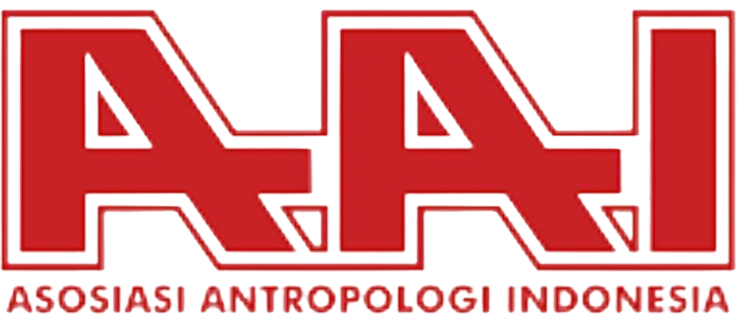About the Journal
Indonesian Journal of Medical Anthropology is the first online journal published by the Anthropology Laboratory of the Faculty of Social and Political Sciences, Universitas Sumatera Utara (USU). The first edition of the journal began in Agust 2020 and will be published in two publications annually.
Indonesian Journal of Medical Anthropology provides a global forum for scholarly articles on the social patterns of ill-health and disease transmission, and the experiences and knowledge about health, illness, and well-being. These include the nature, organization, and movement of peoples, technologies and treatments, and how inequalities pattern access to these. Articles published in the journal showcase the theoretical sophistication, methodological soundness, and ethnographic richness of contemporary medical anthropology. By publishing empirical articles and editorials, we encourage our authors and readers to engage with the critical debates of our time critically.
The subject matter covered in the Indonesian Journal of Medical Anthropology is relevant not only to health care professionals who recognize the importance of attaining a better understanding of the socio-cultural dimensions of health but also to any social scientist interested in health-related issues.
Indonesian Journal of Medical Anthropology dedicated to the profession and practice of medical anthropology, which uses concepts and methods from anthropology to produce new understandings of health, disease, illness, treatment, and care. Open to experts and those interested in social psychology, the severity, and public health.
This journal serves as the hub of an active research community and a storehouse for information supporting the endeavors of medical anthropologists and their colleagues in allied social science fields. The site further intends to inform the general public and policy-makers of the scope and breadth of medical anthropology. The journal, like the field of medical anthropology, draws upon and benefits from a wide range of theories and methods. It also serves as a space to promote and foster collaboration and coalition-building.










